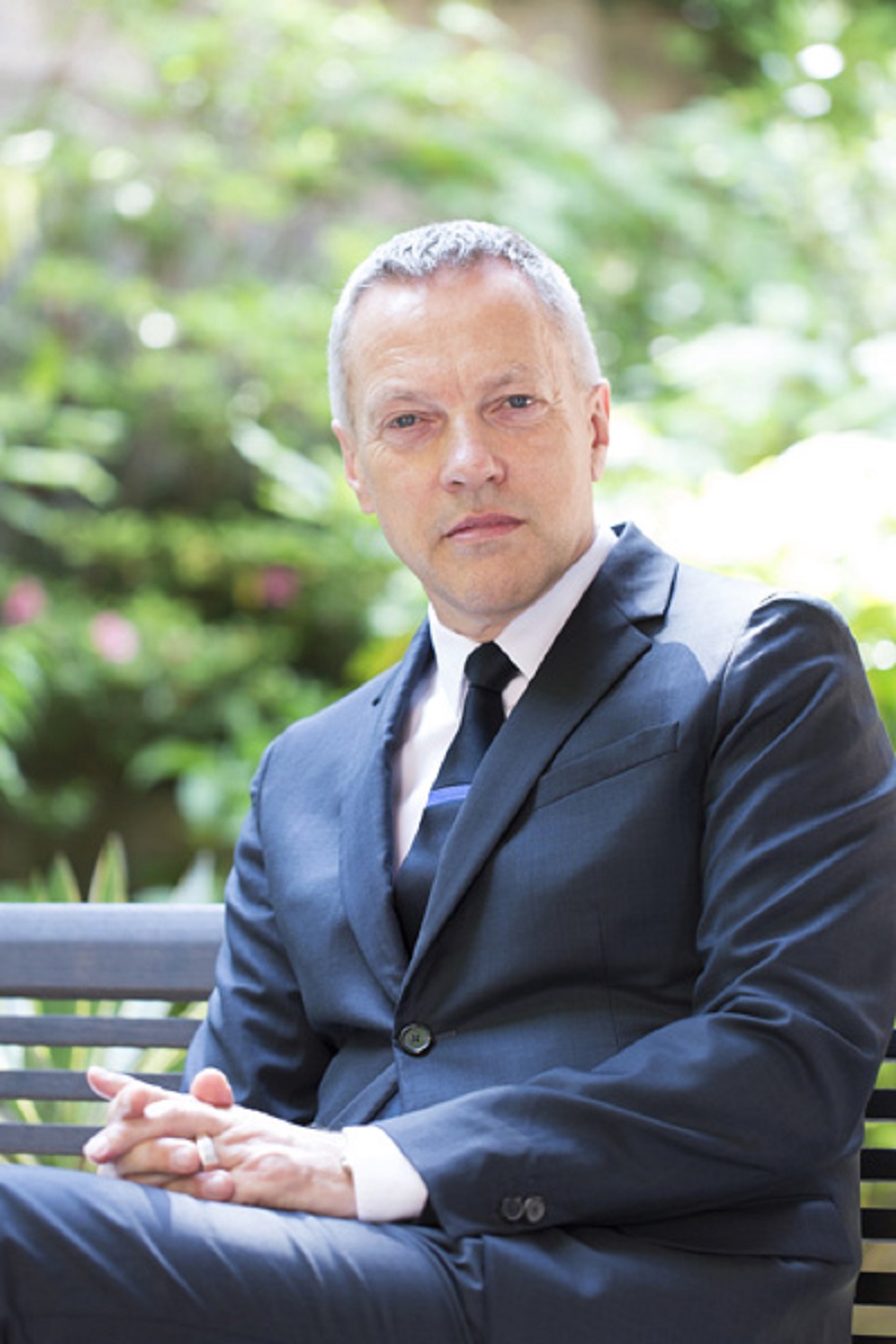Xinhuanet: Your Excellency, as the most direct link between Denmark and China, what issues are you most concerned about in the "two sessions"? Why?
Damsgaard: I have been paying close attention to China's "two sessions" and the various messages released by Chinese leaders during the "two sessions". I believe that economic development and various comprehensive reforms are the focus of the "two sessions", and the downward pressure facing China's economy is a hot topic of discussion.
I look forward to seeing Chinese society concentrate on continuing to advance various reforms, because they are the foundation for future prosperity and development. China is the second largest economy in the world today, and China will have a profound impact on the economies of all countries in the world, including Denmark.
Xinhuanet: This year is the first year of China's 13th Five-Year Plan. The Fifth Plenary Session of the 18th Central Committee of the Communist Party of China put forward the five development concepts of "innovation, coordination, green, openness, and sharing", of which innovation ranks first. International public opinion believes that innovation will become the new engine of China's economic growth under the "new normal". In your opinion, where do you think China should focus on innovation and development in the next five years?
Damsgaard: Innovation is essential to long-term and sustainable development. Denmark gets rid of the economic model of high energy consumption and waste of water resources, and the development of an advanced economy mainly depends on innovation. Moreover, no matter which country it is, as the population ageing problem becomes more and more serious, there is a need to improve productivity.
All along, well-designed reforms and efficient and effective implementation have been the Danish government's primary task for social development. Innovation requires a lot of investment, but it also requires an open market to ensure that the best solutions are implemented.
Xinhuanet: As the world's second largest economy, China's economic growth has attracted worldwide attention. The 2015 GDP growth rate released by the National Bureau of Statistics of China was 6.9%. In the face of this "new normal", some international public opinion believes that China's economy may "slow down and shift gears" and may even have a "hard landing." What do you think for this? What do you think of China's economic growth prospects in 2016?
Damsgaard: At present, there are many different voices regarding the prospects of the world and China's economic development. Our main concern is the implementation of reforms and policies in related economic fields, because these reforms and policies have laid a long-term framework for sustainable development.
An economy as large as China needs to make sacrifices to transform from export and investment-oriented to consumption-oriented, because necessary reforms will feel pain and discomfort in a short period of time. However, forward-looking leaders will realize the need to ensure long-term economic development.
Xinhuanet: In 2013, President Xi Jinping put forward the "One Belt One Road" initiative. The initiative not only stays in the concept, but also in practice: the establishment of the Silk Road Fund, the “shift and speed up” of the China-Europe Railway Express, the intensified construction of multiple economic corridors, The successful opening of the Asian Infrastructure Investment Bank (AIIB), etc. In your opinion, what gains have Denmark achieved so far? What are the challenges? What kind of cooperation will Denmark and China carry out within the framework of "One Belt One Road" this year?
Damsgaard: Denmark is one of the founding members of the AIIB, and the Danish government actively participates in the formulation of rules and policies in the early stage of the AIIB’s opening. In terms of operation, it is very important for the AIIB to ensure the implementation of high standards and strict requirements in terms of procurement, social and environmental standards, and equal rights.
Not long ago, Jin Liqun, President of the Asian Infrastructure Investment Bank, visited Denmark and interacted with people from the Danish political, business, academic, and media circles.
As one of the founding member states, Denmark will continue to play an active role in the AIIB. We hope to see Danish companies actively participating in AIIB investment projects, because many of them are international leading companies that can provide world-leading technology and sustainable solutions for the development of AIIB business. The Danish side believes that the "One Belt One Road" initiative will provide support for similar projects of the AIIB.
Xinhuanet: Your Excellency, how do you comment on the development of China-Denmark relations in recent years? In what areas will China-Denmark relations achieve breakthroughs in the future?
Damsgaard: Denmark and China agreed to establish a comprehensive strategic partnership in 2008. In 2015, the two countries jointly celebrated the 65th anniversary of the establishment of diplomatic relations. The two countries are now working hard to formulate specific plans for cooperation activities, which will be implemented in the next few years.
Denmark and China have carried out cooperation in almost all fields, and the number of cooperation fields is staggering. For example, we have carried out very good cooperation in the field of renewable energy, and Denmark is a world leader in this field. In addition, our two countries have carried out close cooperation in combating corruption and enhancing transparency.
I hope that Denmark and China will continue to cooperate and further deepen their cooperation in market access. These can benefit our society and ensure that consumers and companies can get the best products at the best prices.
